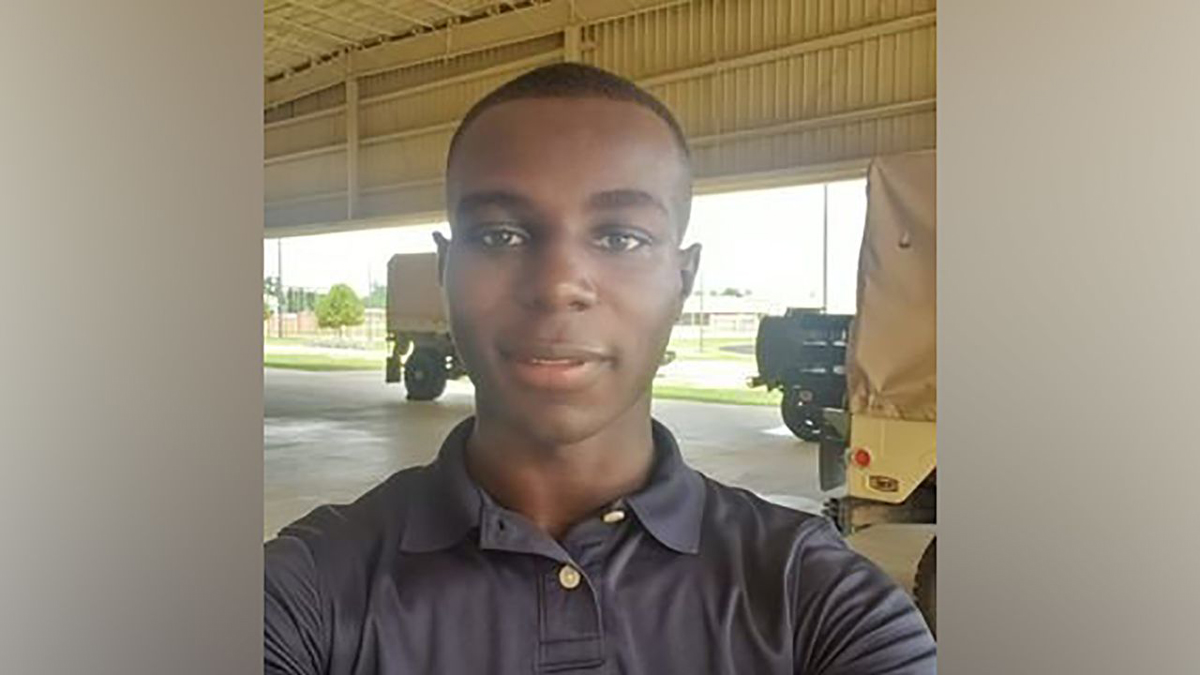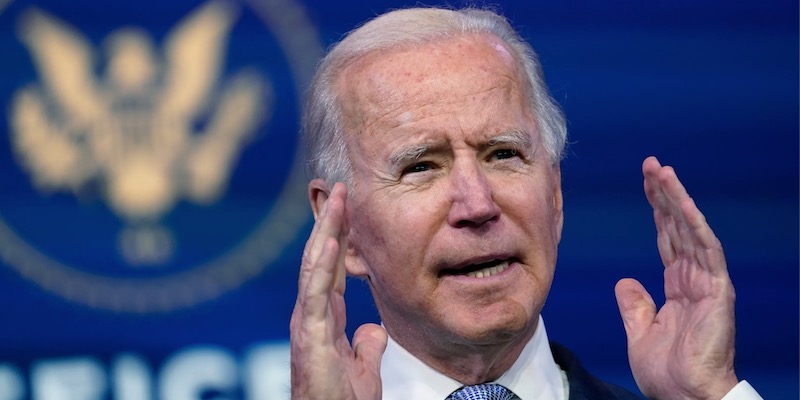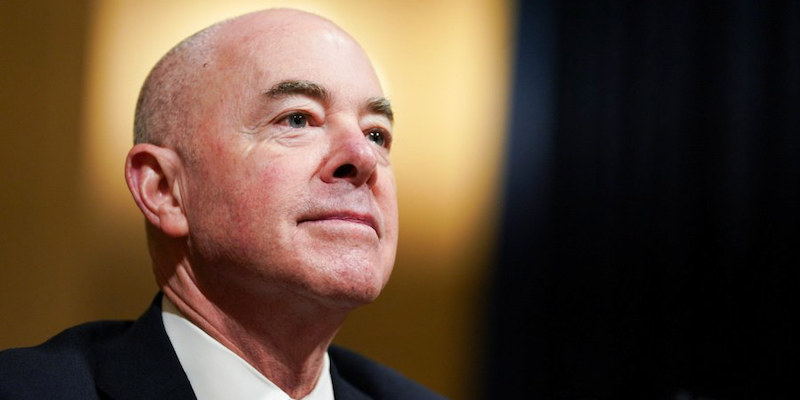By Michael Schwarz,
A U.S. Army private who fled to North Korea in July will face serious charges in the United States.
According to NBC News, the U.S. Army has charged Private 2nd Class Travis King, 23, of multiple crimes, including desertion.
The most alarming of King’s alleged crimes, however, involved child pornography.
NBC reported that the Army has accused King of “soliciting a Snapchat user to produce child pornography and possessing a video of what appears to be a minor engaging in sexually explicit conduct.”
King spent more than two months in North Korean custody before being handed over to U.S. officials in China. He returned to the U.S. on Sept. 28 and is now in pretrial confinement at Fort Bliss, Texas.
Franklin D. Rosenblatt, lead counsel for King’s legal team, will argue against keeping his client detained.
“I think we just have to tread really carefully when we take people who have returned from captivity and decide we’re just going to throw the book at them and put them in pretrial confinement,” Rosenblatt said, per NBC.
According to Reuters, King joined the Army in January 2021. His desertion to Communist North Korea constitutes only one of several troubling episodes in his brief Army career.
US soldier Travis King, who ran into North Korea in July, has been charged by the Army with crimes ranging from desertion to solicitation of child pornography https://t.co/26f8bnuv9R pic.twitter.com/GVuhKxw4L2
— Reuters (@Reuters) October 20, 2023
For instance, King spent more than a month in South Korean detention for what Reuters called “assault and destroying public property for damaging a police car during a profanity-laced tirade against Koreans.” Additionally, the report noted that King assaulted his fellow soldiers.
The Army has also charged King with attempting to escape from U.S. military custody in Oct. 2022.
Worst of all, the Army charged King with soliciting child pornography from a Snapchat user in July.
Reports did not indicate whether the child pornography charge prompted King’s fleeing to North Korea, which also occurred in July.
In any case, apart from the charges that landed him in a South Korean prison, no court has yet convicted King of anything.
With that in mind, Claudine Gates, King’s mother, asked that her son “be afforded the presumption of innocence.”
“A mother knows her son, and I believe something happened to mine while he was deployed,” Gates said in a statement according to Reuters.
Setting aside the Army’s still-unproven charges, we should concede that the circumstances that led to King’s conviction and detention in South Korea, coupled with his desertion to totalitarian North Korea and subsequent detention there, do indeed raise questions about his mental health.
Beyond that, of course, it would be irresponsible to speculate.
The child pornography charges, if true, raise a whole new, more disturbing set of questions.
For example, how deep does this affliction keep growing in our society? And at what point did stories of child sexual abuse enter the news cycle on a regular basis? This societal rot seems to have set in overnight.
However, King’s case also reminds us of the large U.S. military presence being stretched perilously thin — both logistically and on an individual level — across the globe.
This leads to two additional thoughts:
- On one hand, it’s important to remember that service members in the U.S. armed forces represent the best we have to offer. Their courage commands our respect. If we must have tens of thousands of ambassadors to the world, we could not do better than these.
- On the other hand, one wonders how much longer we must maintain such a large, global military presence. After all, the Korean War ended 70 years ago.
Meanwhile, new temptations to military intervention present themselves to us. Potential adversaries multiply. And we certainly cannot rely on the wisdom of our current elected leaders to make the best choices.
Thus, stories such as King’s involve more than one man’s alleged behavior or the Army’s specific charges against him.
As the world deteriorates, we cannot afford to ignore either the character or the mental health of our men and women in uniform.
Nor can we ignore the larger questions that accompany their continued deployment overseas.
This article appeared originally on The Western Journal.




